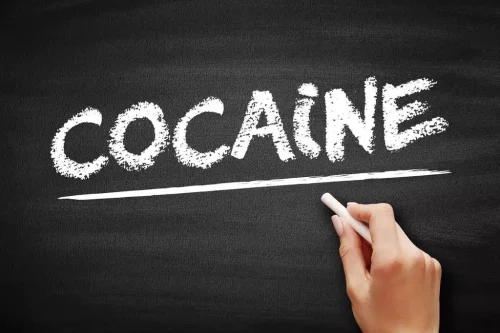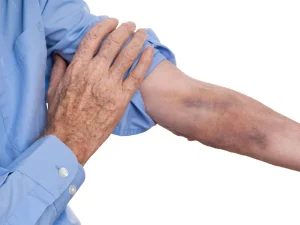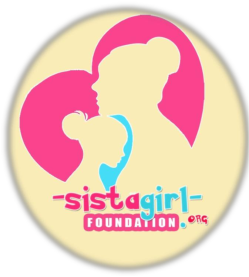- Have any questions?
- +27 72 723 6378
- info@sistagirl.org.za
Sobriety Strategies: 13 Tips for Staying Sober

These may include online support groups, recovery apps, and peer support programs such as SMART Recovery and Refuge Recovery. Relying on a support system can help you stay accountable and provide you with the encouragement you need. Seeking help from therapy can provide you with the tools to manage your problems. In today’s digital age, there are numerous online platforms and apps designed to help individuals maintain sobriety and connect with others in recovery.
Step 3: Find the Right Treatment Program
Our holistic approach supports your physical, mental, and spiritual health through a range of evidence-based treatment modalities. Celebrate each day spent sober and acknowledge those victories in a way that is special to you. Focused on the present moment, LifeRing helps individuals leave the past in the past and pursue recovery to find one’s strongest selves. These groups are good options if you are seeking a more secular approach to recovery while also desiring peer support and group sessions.
How do you stay sober when you don’t want to?
It can also assist individuals in cultivating coping strategies, recognizing their behavior, and building a reliable support system with a support group committed to their well-being. Group therapy is a powerful therapeutic tool that offers a unique opportunity for individuals to come together and support each other while discussing their getting sober without aa issues. It typically involves a group of 6 to 12 clients who meet regularly with one or two group therapists and is especially effective in treating substance abuse. The social aspect of groups like Alcoholics Anonymous can add a pleasant camaraderie that highlights that you are far from the only person struggling with alcoholism.

Getting Sober Without AA—What Are Your Options?

Trained professionals can help you integrate whatever medication is available into your treatment program. In some cases, there may be medication that can help with a drug or alcohol problem. In fact, the FDA has approved three drugs for treating alcoholism. Alcohol consumption has a lot of negative effects on your body, and exercising can help undo some of the damage caused by substance use. Plus, the endorphins released while exercising help with mental wellness and even has been shown to reduce cravings experienced during late detox and early recovery. Your recovery journey is yours for a reason – no one else can do it for you, and no one else can tell you where or when you should be on that recovery path.

So You’re Trying to Stay Sober Without AA?
- Aside from support groups, there are many other ways to get help for your alcohol use.
- LifeRing is a secular, non-profit organization providing peer-run addiction recovery groups to empower you to take control of your sobriety journey.
There are also online treatment programs to help you quit drinking without AA. My company, Workit Health, has offers online, science-backed courses to help you beat alcohol use disorder from your computer or phone. These programs offer support and encouragement for people who may wish for a different motivation or foundation than one based on spirituality and relinquishing control. Instead, individuals are encouraged to take on their own weaknesses, learn to accept them, and move forward in recovery. SOS-supported groups are nonprofessional and offer a healthy network of individuals with the similar goal of sobriety. It’s important to find the support and resources that work best for you.
Alternatives to AA and 12-Step Programs
However, newer perspectives on treatment now accept moderation, or cutting back, as an acceptable answer to problem drinking. If you’re having the thought that you want to get sober and want to know how to get clean, there’s probably already an underlying motivation. Drinking alcohol can create problems in every area of life, including your physical health, mental health, social life, work-life, and overall wellbeing. Make a list of the ways drinking has negatively impacted your life.
- Online rehab is the least disruptive, letting you talk to doctors and coaches from home via your phone.
- Explore various coping strategies to find what works best for you, enabling you to handle life’s challenges better and promoting long-term sobriety.
- We strive to create content that is clear, concise, and easy to understand.
- You may need to shift your social circle to include people who don’t drink.
Regular Exercise
Once you are past the initial detox phase, rehabilitation programs (or rehab) are one way to go. Residential treatment can last days, and gives you a chance for a full reset. Outpatient rehab lets you continue living at home and attend treatment for https://ecosoberhouse.com/ several hours per day. Online rehab is the least disruptive, letting you talk to doctors and coaches from home via your phone. Secular Organizations for Sobriety (SOS) is a network of independent groups to help people achieve or maintain sobriety.

Once you do return to work, it’s important to create a budget and take steps to safeguard yourself as work stress can be a relapse trigger. Financial troubles and problems finding and keeping employment are major triggers for relapse, but it is possible to take baby steps and get your finances in order. Take our short alcohol quiz to learn where you fall on the drinking spectrum and if you might benefit from quitting or cutting back on alcohol. It’s important to recognize that Alcoholics Anonymous does work for some people—and there’s nothing wrong with choosing that path if it’s a good fit.
